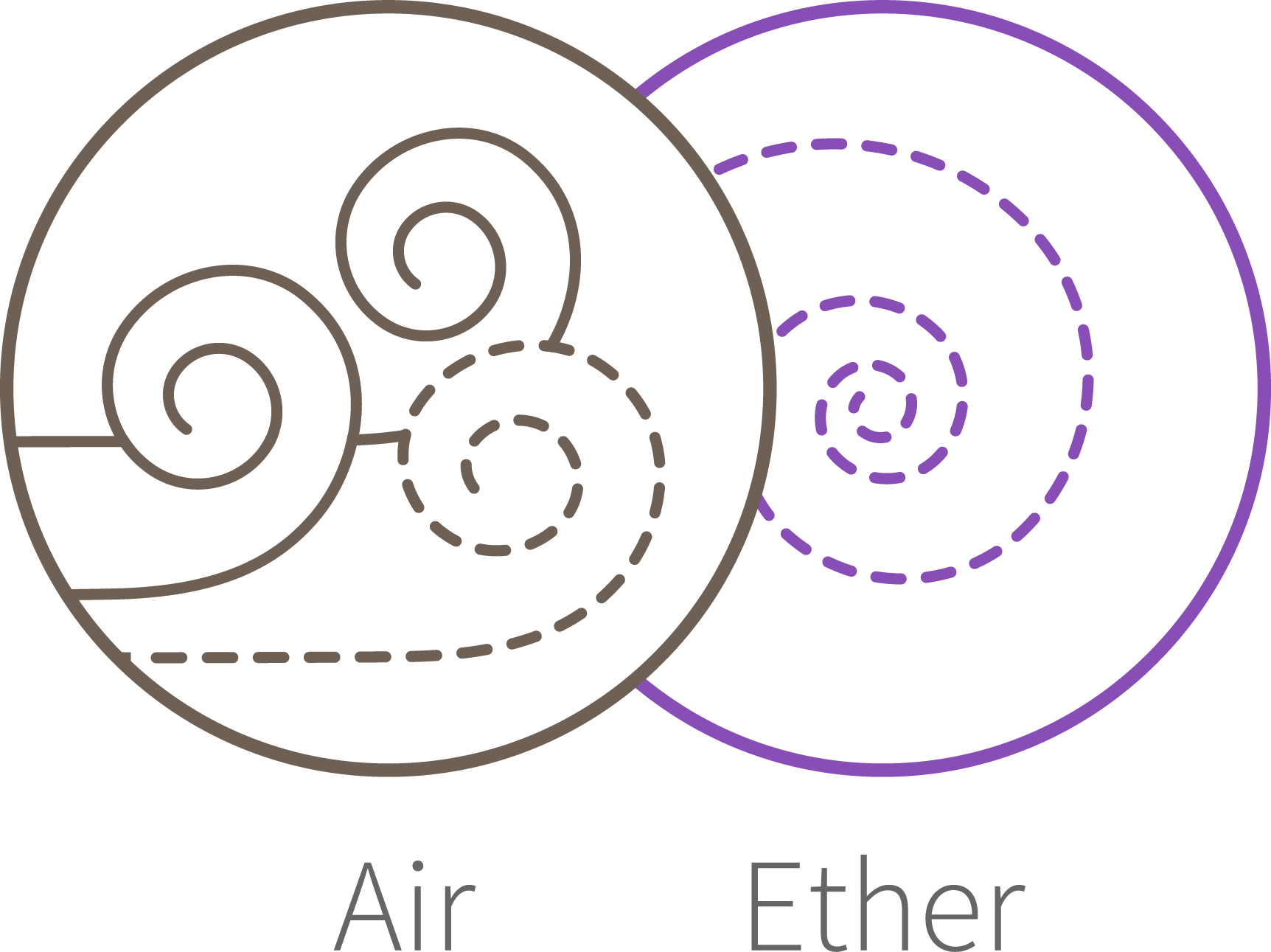AYURVEDIC WELLNESS
The 3000 year old holistic health solution passed down from generation to generation
Ayurveda is a traditional system of medicine that originated in India over 5,000 years ago. The term “Ayurveda” is derived from the Sanskrit words “Ayur,” meaning life, and “Veda,” meaning knowledge or science, so it translates to “the science of life.”
In Ayurveda, the three doshas—Kapha, Pitta, and Vata—represent different energies that govern physical and mental processes. Kapha is associated with earth and water elements, embodying stability, structure, and fluidity; it governs the body’s strength, immunity, and emotional calmness but can lead to sluggishness if imbalanced. Pitta is linked to fire and water, representing transformation and metabolism; it controls digestion, energy production, and intellect but can cause irritability and inflammation when out of balance. Vata, connected to air and space, is the energy of movement and creativity; it regulates circulation, breath, and nervous system activity but can result in anxiety and dryness when imbalanced. Balancing these doshas is key to maintaining health and harmony in body and mind.
Kapha

Kapha represents the earth and water elements, embodying qualities of stability, strength, and nurturing. It governs the physical structure of the body, including bones, muscles, and tissues, and is responsible for immunity, lubrication of joints, and emotional calmness. When in balance, Kapha provides grounding, resilience, and compassion. However, an excess of Kapha can lead to sluggishness, weight gain, congestion, and attachment to routine or possessions. Maintaining balance involves activities and foods that are stimulating, warming, and energizing to counteract Kapha’s natural tendency toward heaviness and inertia.
Pitta

Pitta is associated with the fire and water elements, representing transformation, heat, and metabolism. It governs digestion, absorption, and body temperature, as well as mental clarity, focus, and ambition. When Pitta is balanced, it brings sharp intellect, strong digestion, and radiant energy. However, an imbalance can lead to irritability, inflammation, excessive body heat, and competitiveness. To keep Pitta in check, it’s important to incorporate cooling, soothing activities and foods, along with practices that promote relaxation and moderation, avoiding overstimulation or excessive heat.
Vata

Vata is linked to the air and space elements, characterized by movement, creativity, and flexibility. It governs all bodily movements, including circulation, breathing, and nerve impulses, and is also responsible for creativity, communication, and quick thinking. A balanced Vata results in vitality, enthusiasm, and adaptability. But when out of balance, Vata can cause anxiety, restlessness, dry skin, and digestive issues. Balancing Vata involves grounding, warming, and calming practices, such as routine, nourishing foods, and relaxation techniques, to counter its natural tendency toward instability and dryness.

